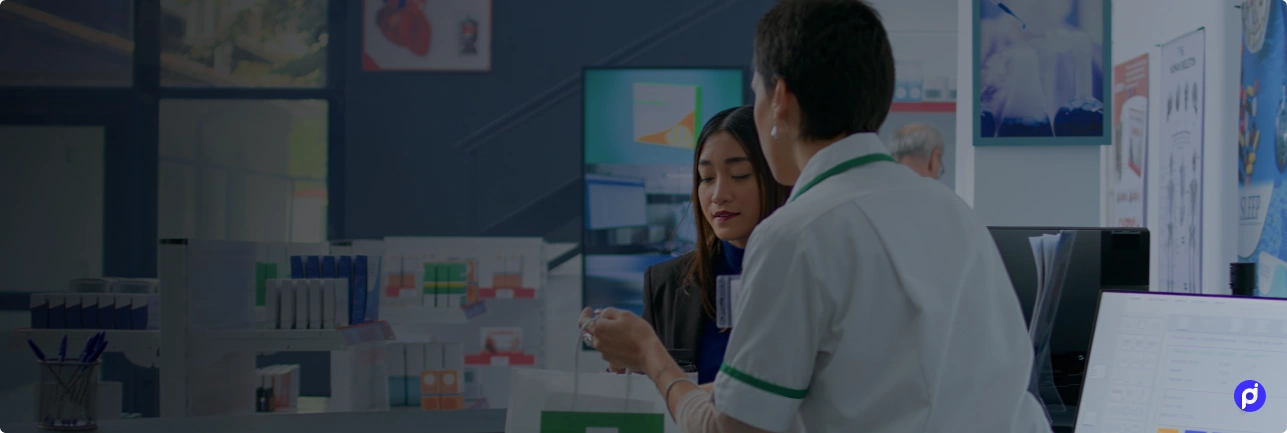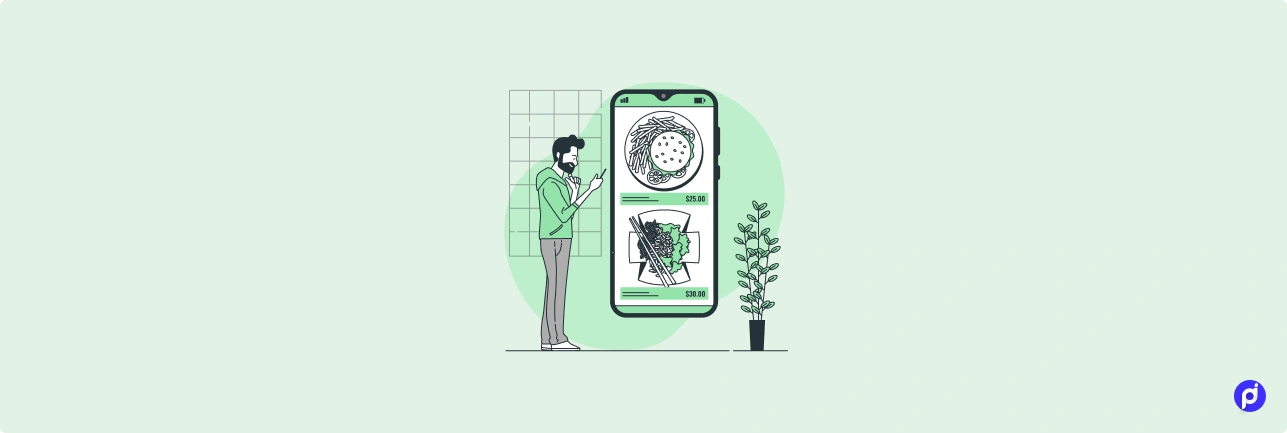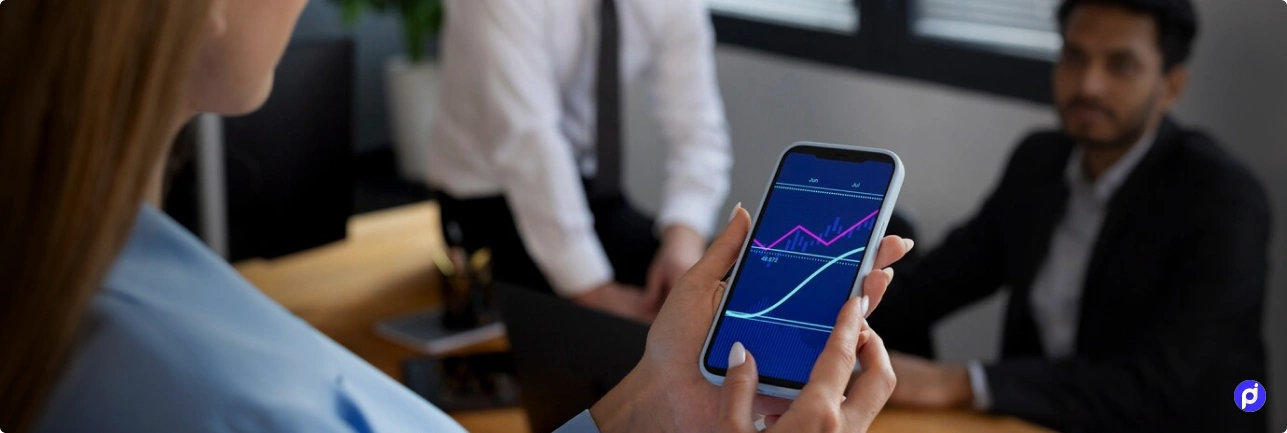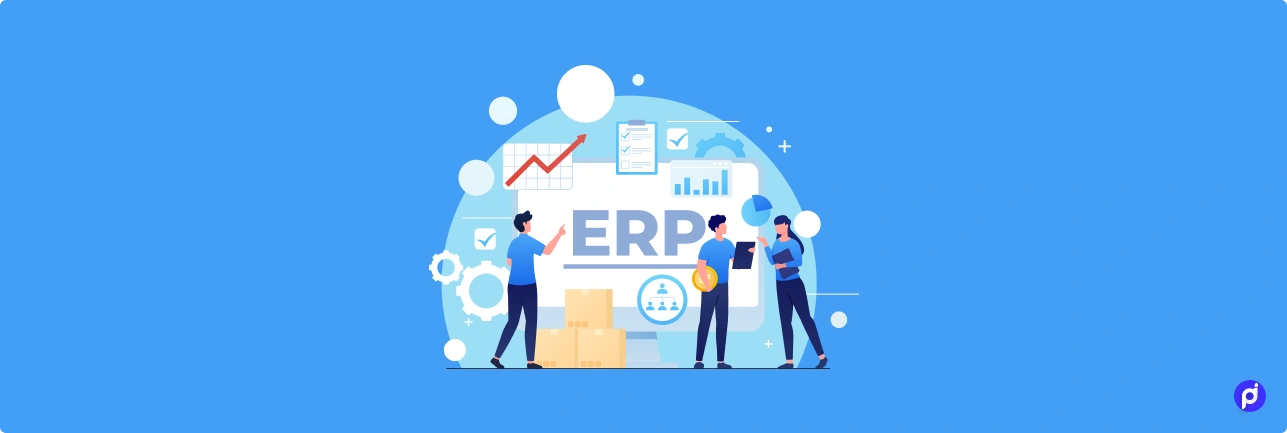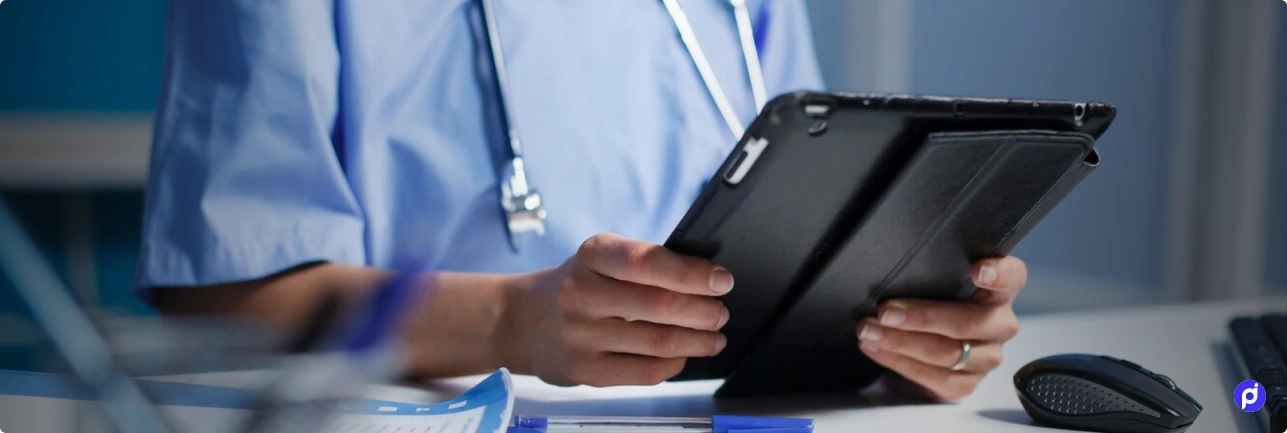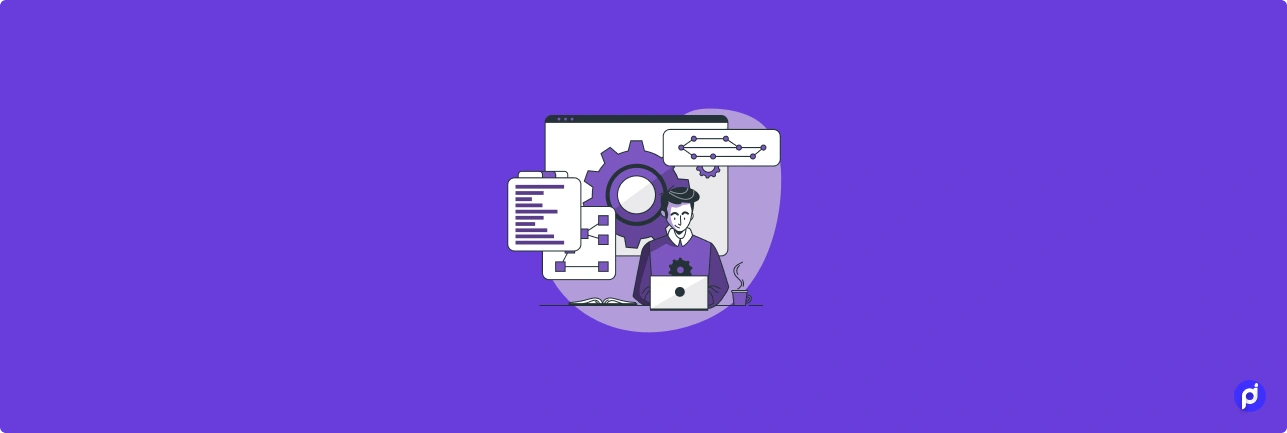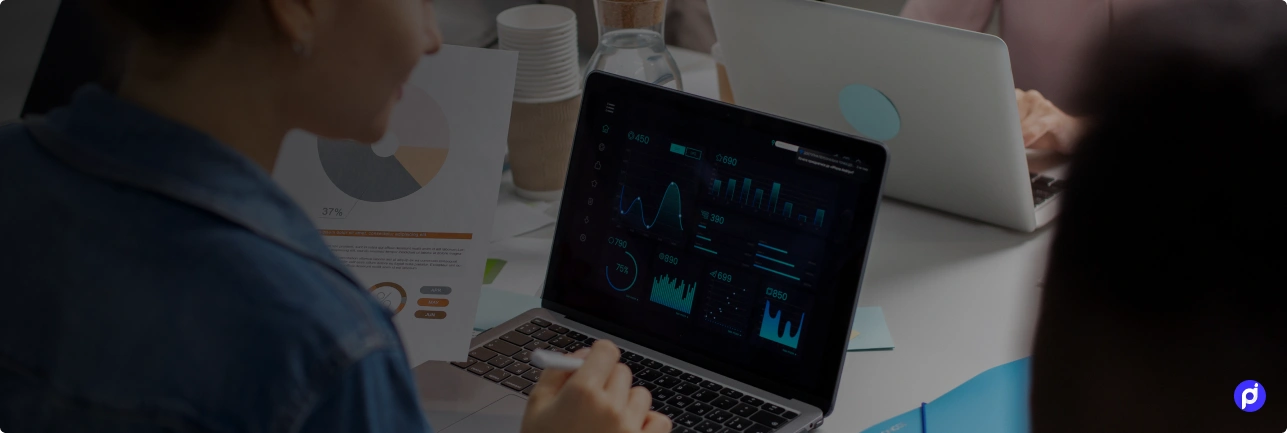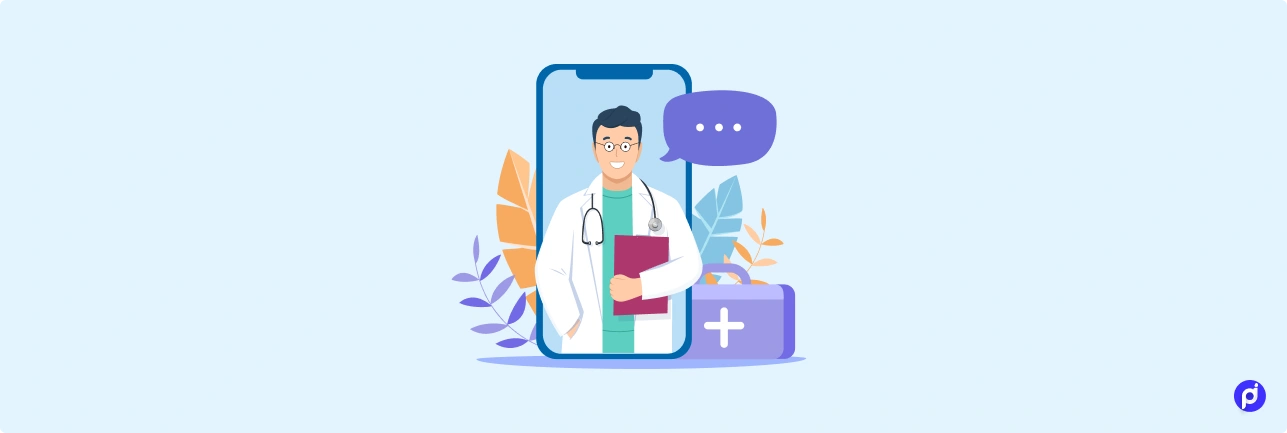A good interaction between patients and pharma is very important as it creates a mutual understanding. With the right digital tools, pharmaceutical companies can bridge the gap between healthcare providers, patients, and medication management, creating more effective and responsive care networks. Mobile app development for healthcare offers an impactful way to improve pharma-patient interactions, streamlining everything from medication adherence to remote patient monitoring. Here’s how mobile healthcare applications are redefining patient engagement within your pharmaceutical setup.
Ways Mobile Applications are redefining Patient Engagement:
1. Enhancing Patient Adherence to Medication
One of the primary challenges pharmaceutical companies’ faces is ensuring patients adhere to prescribed medications. Studies show that non-adherence to medication leads to poor treatment outcomes and increased healthcare costs. Mobile app development for healthcare can help overcome this challenge by enabling apps that remind patients to take their medications on time, track dosages, and alert healthcare providers if there’s an inconsistency. These features help patients stay on track with their treatment plans, empowering them to manage their own health and remain engaged with their care routines. Pharma companies that invest in such tools gain valuable insights into medication usage patterns and outcomes, allowing for more personalized care adjustments.
2. Facilitating Direct Pharma-Patient Communication
Effective communication adds potential to healthcare, and digital solutions make it easier for patients to access accurate information directly from trusted sources. By investing in mobile app development for healthcare, pharmaceutical companies can create direct channels for interaction between patients and healthcare professionals. This can include features like live chat with pharmacists, secure video consultations, and instant access to information on medications and side effects. These digital channels reduce dependency on physical visits and provide patients with support right when they need it, enhancing their overall experience. Not only does this improve patient satisfaction, but it also builds trust between the pharmaceutical industry and consumers, fostering a more transparent and patient-centered care approach.
3. Personalized Health and Wellness Tracking
With modern mobile applications, pharma companies can offer patients tailored health tracking capabilities. This could include monitoring vitals, tracking symptoms, or observing side effects related to a specific drug. These features are especially useful for patients with chronic conditions who require close monitoring. Through healthcare app data, pharmaceutical companies can collect real-time insights on how patients respond to treatments, which helps in personalizing future care plans. Additionally, these insights can support research and development by enabling pharmaceutical companies to identify trends, understand the efficacy of drugs, and make data-driven decisions that ultimately enhance patient care.
4. Remote Patient Monitoring for Better Outcomes
The shift towards remote patient monitoring has gained momentum, especially in post-pandemic healthcare settings. With the help of mobile app development for healthcare, pharma companies can enable remote monitoring features within their apps. This allows healthcare providers to keep track of patients’ progress and intervene promptly if any issues arise. These real-time insights into a patient’s health data empower healthcare providers to make swift adjustments to treatment plans, ensuring patients receive optimal care. The impact of remote monitoring in the pharma industry is profound, as it not only ensures better health outcomes but also minimizes the need for hospital visits, offering convenience to patients and reducing the load on healthcare facilities.
5. Educating and Empowering Patients
Mobile healthcare applications serve as an educational tool, helping patients become better informed about their conditions and the medications they’re taking. For example, these apps can offer detailed information about each prescribed drug, including potential side effects, interactions with other medications, and lifestyle recommendations. In the pharma industry, patient education is crucial to ensuring safe medication practices, and mobile apps provide an effective, accessible way to deliver this information. Pharmaceutical companies that include educational resources in their apps empower patients to make informed decisions about their health, fostering a sense of control and confidence in their care.
Finishing Off
The integration of mobile app development for healthcare within the pharmaceutical industry is transforming how pharma companies interact with patients. By improving medication adherence, enhancing communication, offering personalized tracking, enabling remote monitoring, and providing valuable educational content, healthcare apps are reshaping patient engagement and care outcomes in pharma. As technology continues to evolve, the potential for innovative solutions in mobile healthcare applications will only grow, giving the pharmaceutical industry new ways to elevate patient interactions and contribute to improved health outcomes. For pharma companies looking to stay competitive, investing in mobile healthcare solutions is a strategic move towards a more connected, responsive, and patient-focused healthcare ecosystem.
The FAQ’s:
FAQ 1: How do mobile applications improve medication adherence for patients?
Answer: Mobile applications enhance medication adherence by sending reminders to patients about when to take their medications, tracking dosages, and alerting healthcare providers if there are inconsistencies. These features empower patients to manage their own health and stay engaged with their treatment plans, ultimately leading to better health outcomes.
FAQ 2: What role do mobile apps play in facilitating communication between patients and pharmaceutical companies?
Answer: Mobile apps create direct channels for communication between patients and healthcare professionals. Features like live chat with pharmacists, secure video consultations, and instant access to medication information allow patients to get support and information quickly, reducing the need for physical visits. This enhances patient satisfaction and builds trust between the pharma industry and consumers.
FAQ 3: How can mobile healthcare applications help with personalized health tracking?
Answer: Mobile healthcare applications can offer tailored health tracking capabilities, allowing patients to monitor vitals, track symptoms, and observe side effects related to specific medications. This real-time data helps pharmaceutical companies collect insights on treatment efficacy and enables them to personalize care plans based on individual patient needs.
FAQ 4: What benefits do remote patient monitoring features provide in mobile healthcare applications?
Answer: Remote patient monitoring features allow healthcare providers to track patients’ progress and intervene promptly if any issues arise. This ensures better health outcomes by enabling swift adjustments to treatment plans based on real-time health data. Additionally, it minimizes the need for hospital visits, providing convenience for patients and reducing the strain on healthcare facilities.
FAQ 5: How do mobile applications educate and empower patients regarding their health and medications?
Answer: Mobile applications serve as educational tools by providing patients with detailed information about their conditions and prescribed medications. They can offer insights into potential side effects, interactions, and lifestyle recommendations. By empowering patients with knowledge, these apps foster a sense of control and confidence in their healthcare decisions, promoting safer medication practices.




